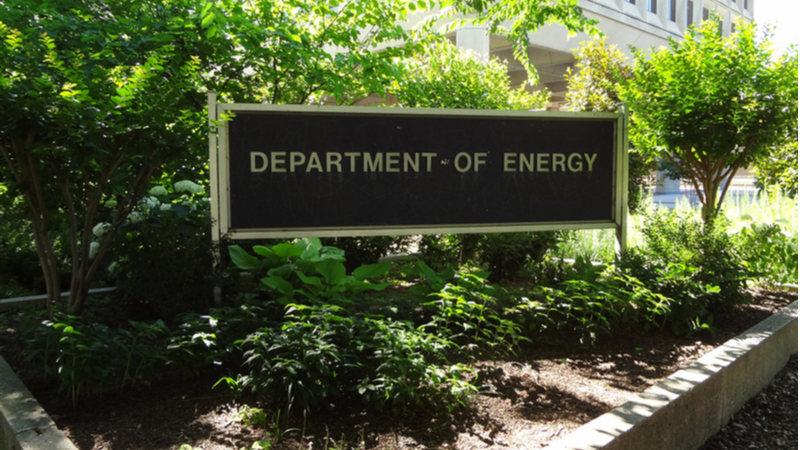
President-elect Joe Biden confirmed late on Dec. 17 he intends to nominate former Michigan Governor Jennifer Granholm as the new Secretary of Energy. If confirmed, she will head an agency primarily concerned with nuclear energy and domestic energy production, but also a dazzling range of science and technology research and development activities through the Energy Department’s (DoE) National Laboratories.
Granholm was Michigan’s governor from 2003 to 2011, and the state’s attorney general from 1999 to 2003. Since leaving government, she has been a professor of law and public policy at the University of California-Berkley. Granholm was also a member of the Barack Obama transition team, and was on President Obama’s shortlist for a Supreme Court Justice seat that ultimately went to Sonia Sotomayor.
On the energy front, Granholm is well-versed in clean energy initiatives, supports moving away from use of fossil fuels, and sought to diversify Michigan’s heavy reliance on auto manufacturing during her time as governor.
During that time, she pushed for state legislation that would provide $2 billion in “grants, loans or equity purchases in public entities and private businesses that engaged in basic research, development, and commercialization of ‘competitive edge technologies,’ including life sciences; advanced automotive, manufacturing, and materials technology; alternative energy technology; homeland security and defense technology; and electronic device technology.”
Granholm also sits on the Board of Directors for Proterra, a Calif.-based company that designs and manufactures zero-emission electric transit vehicles.
National Laboratories Portfolio
DoE’s stated mission is to “ensure America’s security and prosperity by addressing its energy, environmental and nuclear challenges through transformative science and technology solutions.” But extending much further than that narrow top-line definition is the scope of the agency’s 17 National Laboratories.
According to DoE, the labs exist to conduct long-term government scientific and technological missions, provide the U.S. with strategic scientific and technological capabilities, and develop unique scientific capabilities that are beyond the scope of academia and the private sector.
Ten of the 17 labs are overseen by DoE’s Office of Science, and work in a dizzying array of areas that touch the fundamental bases of information technology, both in the present day and far into the future. To name only a few of those research areas: materials science; advanced computer science; high-energy physics; data science; quantum information science; and data analytics.
Among those, quantum information science (QIS) and AI technologies have taken on a highly visible funding profile with the Trump administration and DoE. In August, the White House directed DoE and the National Science Foundation to spend more than $1 billion over several years to years to establish 12 new research institutes for AI and QIS development, with DoE at the helm of the QIS efforts.
